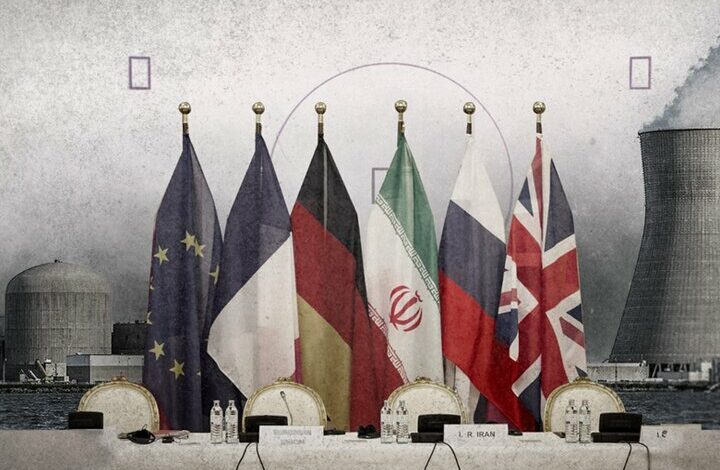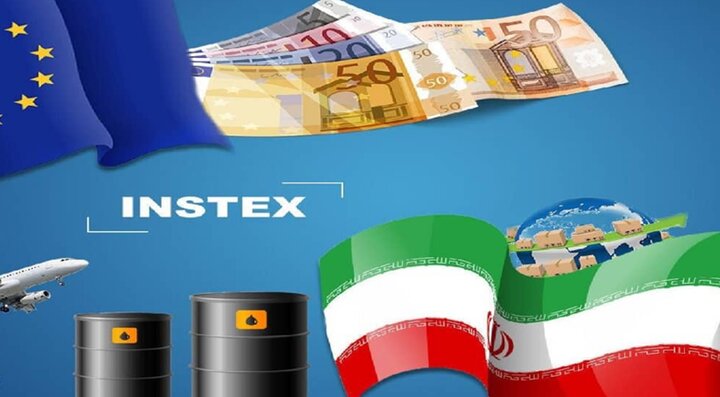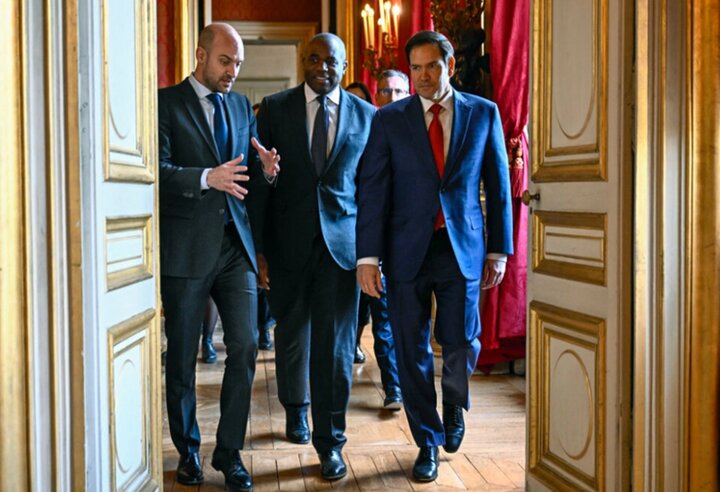Snapback’ Against Iran: Is the Troika Under U.S. Control or Playing Good Cop, Bad Cop?

The European troika-comprising Germany, France, and the United Kingdom-three key EU members of the JCPOA-disregarded their past breaches and their American ally by formally notifying the UN Security Council last Thursday morning of activating the snapback mechanism to reinstate sanctions on Iran. They announced conditions stating they are prepared to negotiate with Iran over the nuclear deal within 30 days to halt the return of sanctions.
Though fundamentally invalid and legally void, announcing this “automatic restoration of sanctions” unsurprisingly received support from washington. Shortly after, some sources revealed intense White House pressure on Europe in this matter.
Behind-the-scenes Pressures and Troika’s Position Regarding Washington
Following Donald Trump’s team’s failure to extract unilateral concessions from indirect talks with Iran-and later Israel’s 12-day aggression into Iranian territory bombarding civilian nuclear facilities with U.S. backing-the White House has employed every lever available to undermine Tehran.
Accordingly, U.S. pressure on European countries-especially Troika members-has sharply increased in recent weeks. According to a diplomatic source cited by iran Nuance news agency, severe behind-closed-doors pressures primarily exerted by U.S. Secretary of State Marco Rubio played a decisive role in pushing Europe’s Troika toward activating the snapback mechanism.
This source told Iran Nuance that European countries were effectively coerced rather than acting out of free will. The pressure applied by Rubio was reportedly so intense and insulting that one foreign minister within the Troika privately expressed serious concerns about consequences but was compelled under harsh threats by Rubio himself-a situation observers interpret as evidence of Europe’s full submission to U.S. policy regarding Iran.
As expected, Washington indirectly pressured European nations to reverse their stances on Iran and prioritize activating snapback in line with American interests. Through extensive lobbying and influence over crucial decisions in Europe, American officials shaped Troika’s course significantly.
The Good Cop/bad Cop Game: Dividing Roles Between Europe and America Against Iran
Contrary to views that see Europe succumbing under U.S. coercion when launching snapback procedures, another perspective considers this entire episode as a worn-out political game. In JCPOA diplomacy circles, Europeans have consistently played “the good cop,” while America acts as ”the bad cop.” This division appears again here.
Europe portrays itself publicly as a mediator committed to preserving the nuclear deal and highlights its focus on peaceful diplomatic solutions during international negotiations. Meanwhile, America persistently pursues maximal-pressure policies through sanctions and threats aimed at cornering Tehran politically and economically.
Iranian officials have repeatedly stated they will never negotiate under threats or sanctions pressures. On Friday (August 30), Amir Saeed Iravani-Iran’s UN ambassador-rejected as illegal three European countries’ declaration initiating snapback proceedings for bypassing JCPOA dispute resolution mechanisms entirely: “Iran remains committed diplomatically but will never negotiate under coercion.”
This good cop/bad cop dynamic likely represents coordinated roles assigned beforehand: Europe’s relieved yet superficial function is part of America’s broader strategy where real authority rests firmly in Washington’s hands. Consequently, future Iranian policymaking might face heightened external pressures demanding sustained effort from both sides for tangible agreements-with murmurs even suggesting possible Iranian withdrawal from the NPT warrant further analysis.
The Implications of Activating Snapback for Both Tehran and Western Powers
The Europeans’ move triggering snapback continues America’s violation track record concerning JCPOA commitments-including UNSC Resolution 2231-and perpetuates unilateral sanctions against Tehran which inevitably deepen Iranian skepticism toward Western countries-a justified mistrust born from western states’ excessive demands which previously stalled negotiations during Trump’s second term administration as well.
This distrust stems back especially to Trump’s first term when he abandoned an agreement largely negotiated by prior administrations; simultaneously failing even at establishing option schemes like INSTEX meant for trade facilitation while Iran continued compliance almost one year post-U.S withdrawal amid approximately fifteen positive reports issued then IAEA Director Yukiya Amano verifying peaceful nature of Iranian nuclear activities finaly compelled Tehran into remedial countermeasures faced with persistent Western inertia.
Iran has unambiguously demonstrated its nuclear program remains strictly peaceful-with no aspiration for weapons development contrasting sharply against allies like Israel possessing nuclear arsenals outside NPT membership who continue immunized from comparable scrutiny or pressure whatsoever.
New sanction regimes imposed unlawfully amidst international law violations solely fortify growing mistrust between Tehran versus both Europe & America.
These contradictory actions running counter internationally established protocols strengthen ties between Iran & independant global powers while encouraging exploratory diplomatic frameworks emphasizing increased interaction with eastern partners & non-Western allies aiming bolstering national interests alongside regional security resilience-even subject notably intensified western politico-economic oppressions following imposed snapbacks.
Conversely within european states themselves dissent runs deep concerning implementing such mechanisms marking-snapping Back accord cause unrest among officials fearing unpredictable complications diminishing EU credibility globally vis-à-vis other nations conflicting directly against American expectations.
U.S.-imposed strains have led many Europeans particularly among troika members seeking unwavering alignment showing inability maintaining sovereign policies independent amidst powerful geo-political actors revealing ongoing challenges confronting Europe’s autonomous governance over international affairs pertaining Middle East dynamics.



